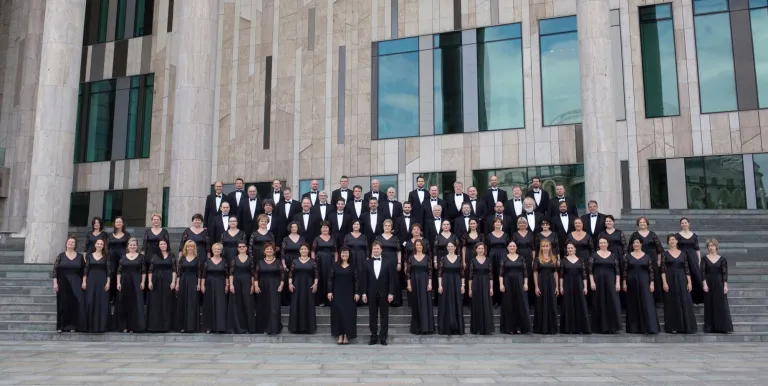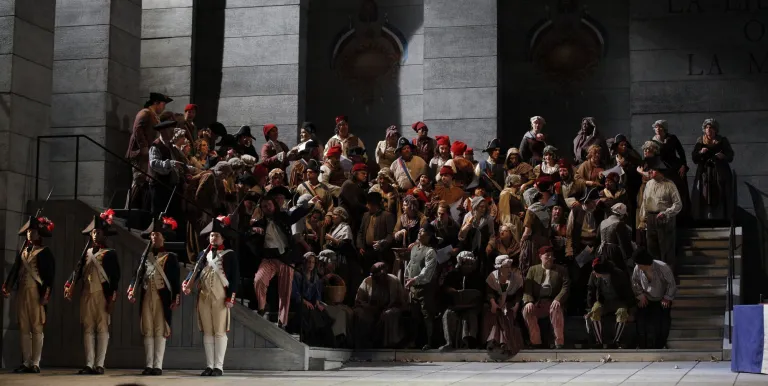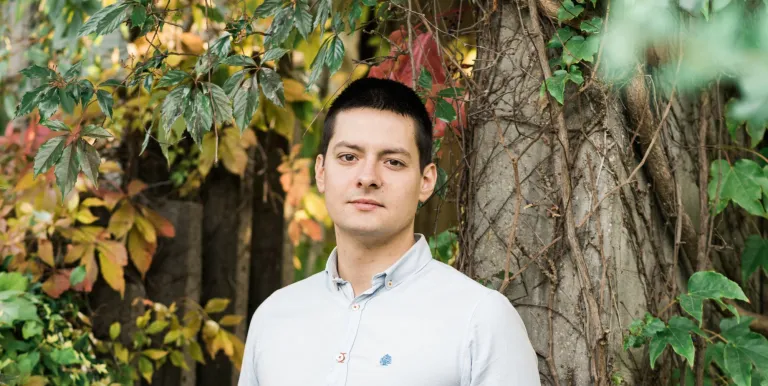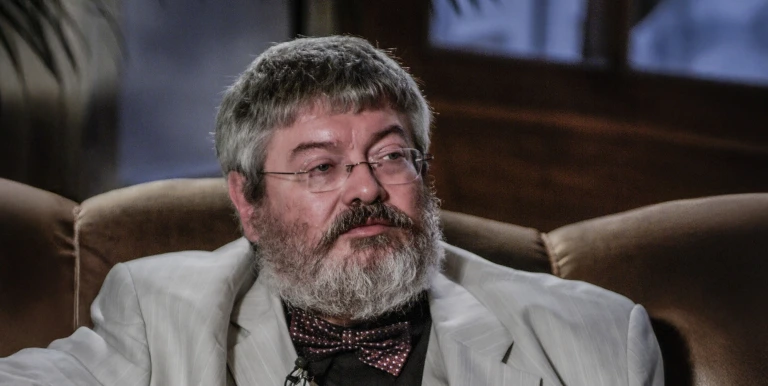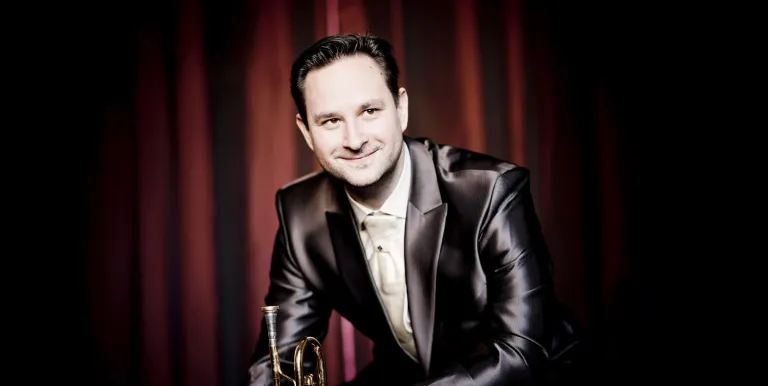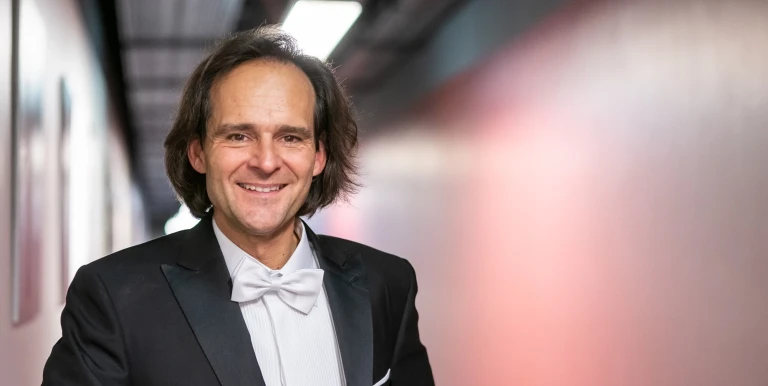Featuring:
Schütz
An den Wassern zu Babel, SWV 37
Hammerschmidt
Ach Jesus stirbt
J. M. Bach
Nun hab ich überwunden
Schubert
Gebet, D. 815
Schubert
Gott im Ungewitter, D. 985
Rachmaninoff
All-Night Vigil, Op. 37 - excerpts
Márton Levente Horváth
O salutaris hostia
Miklós Csemiczky
Pater Noster
György Orbán
Genevan Psalm No. 90
György Orbán
Genevan Psalm No. 150
We're broadcasting this performance live!
In spite of the fact that the current extraordinary situation prevents us all from meeting at Müpa Budapest in person, we would still like to make the coming days nicer and more uplifting. This is why we are going to transmit our live performance, without an audience, on our website and YouTube channel.
We look forward to welcoming you to the event, through your screen!
The performance will be broadcasted on our website and YouTube channel.
'Nun hab ich überwunden” - these are the words with which Johann Michael Bach, a 17th-century member of the great family of composers, commenced his motet: 'Now I have overcome.' 'Overcome what?' one might ask. The text itself answers the question: 'grief, fear and woe.' The members of the Hungarian National Choir are singing this work to give us all a bit of reassurance at this concert featuring a programme that ranges from Baroque works to the 21st century. Joining the choir in front of the cameras and microphones of the Müpa Home programme will be their permanent partner, pianist Dóra Bizják. What they are undertaking is an exciting test of artistic self-sufficiency.
Each piece in this programme consisting of German, Austrian, Russian and Hungarian musical works is religious in nature. Singing of faith, hope and encouragement will be Heinrich Schütz in a musical setting of the 137th Psalm about the waters of Babylon, György Orbán in two Genevan Psalms (the 90th and 150th), Andreas Hammerschmidt in his motet Ach Jesus stirbt (Ah, Jesus is dying) and Schubert in his vocal quartets with piano accompaniment Gebet (Prayer) and Gott im Ungewitter (God in the Storm). Márton Levente Horváth and Miklós Csemiczky both take a different approach in their settings of O salutaris hostia and the Pater Noster, respectively, and the Eastern Orthodox sound of the archaically influenced movements of Rachmaninoff's All-Night Vigil in an altogether different category itself. The most exciting experience the concert has to offer, therefore, is the constant changes in tone, style, approach and techniques from each composer and stylistic era to the next, even as the faith, humility, trust and resolve flowing from the text remain consistent. Each of the pieces is composed in a different manner: we will get to hear a rich eight-part texture sung in a cappella, a deep and full Slavic bass and a lithe vocal quartet with piano accompaniment.
Presented by: Hungarian National Philharmonic

